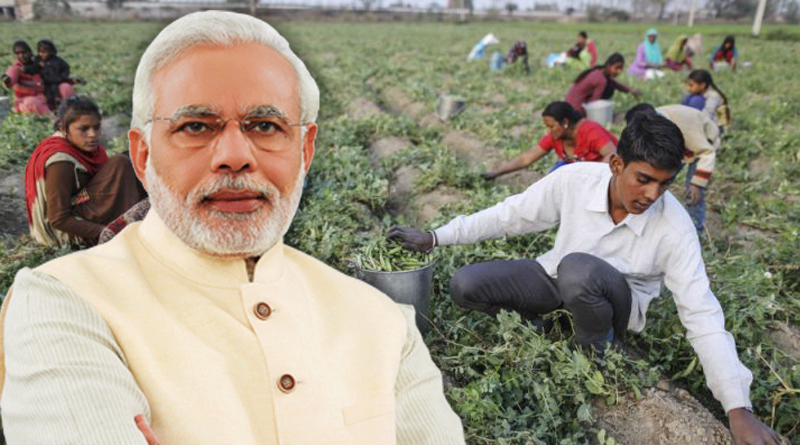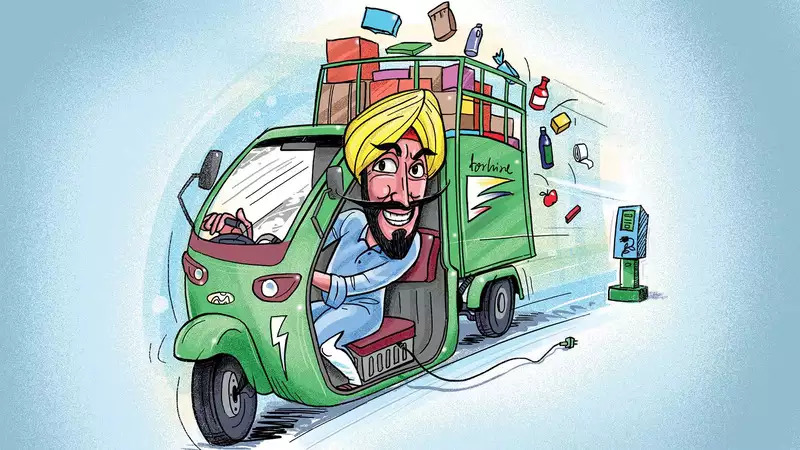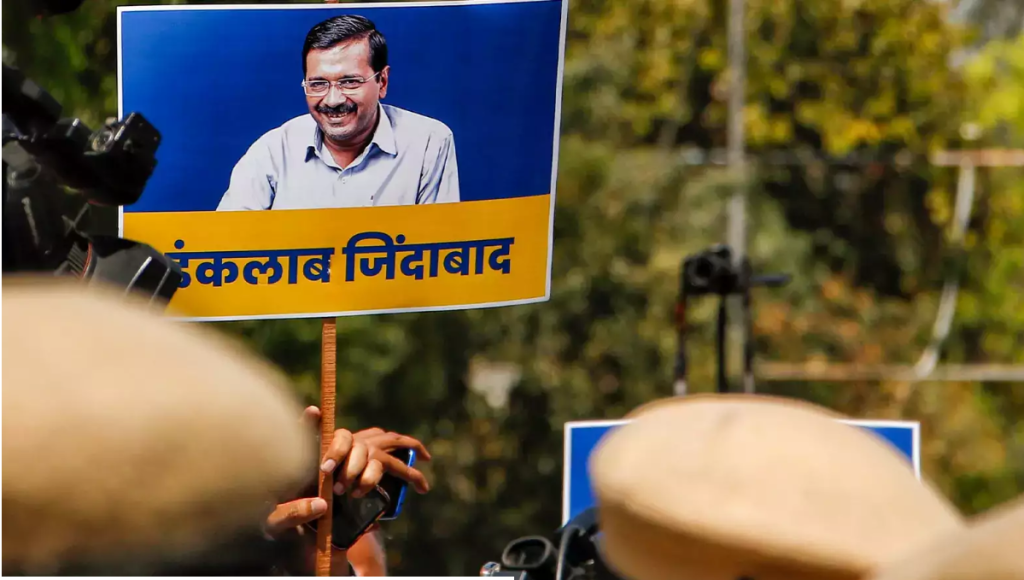Modi the economic developer has been upended by Modi the populist. The farm loan waiver and other measures announced in Uttar Pradesh last week amounted to an emphatic change in BJP . Given scarce government finances, the policy direction. Given scarce government finances, the explosion of giveaways can only come at the cost of development schemes, which are urgently needed in Uttar Pradesh and other poll-bound states. Astonishingly, after thrashing Congress-style populism at the polls, Modi is now adopting that very failed strategy . It bodes ill for the economy .
When his NDA coalition won the general election in 2014, Modi promised rapid economic development and good governance, not farm loan waivers. Chandrababu Naidu, his coalition partner in Andhra Pradesh, promised a farm loan waiver, and after winning sought financial help from Modi. Sorry, Modi replied, this is your promise, not mine, so find the money yourself. For that, Modi won plaudits for financial prudence.
But the loan waiver for small and marginal farmers in UP will cost a whopping Rs 36,729 crore, more than double the waiver in Andhra. UP has also announced a procurement bonus of Rs 10quintal over the minimum support price for wheat. Earlier, Modi drew praise for restraining increases in the support price, thus helping tame inflation.He has now reversed gear and gone populist here too.
UP says it will float bonds to finance the Rs 36,000-crore bailout. But it is already fully stretched to stay within its fiscal deficit limit of 3% of GDP , set by the FRBM Act. That same Act says the revenue deficit -borrowing for nondevelopment schemes -should be zero. Yet the entire bond issue, amounting to around 8% of annual revenue, will represent a revenue deficit, something that should have vanished according to the FRBM Act. The loan waiver will burden the state with huge debts, whose servicing will squeeze future funds for development.
State finances have already been hit by the mass closure of slaughterhouses, hitting two of its major industries, meat processing and leather. The Supreme Court has further worsened its financial woes by banning liquor sales within 500m of state highways, eroding another major revenue source.
RBI governor Urjit Patel says farm loan waivers erode loan discipline and encourage wilful default by farmers.Those who repay loans look like fools, and those that renege on loans are rewarded handsomely . This political encouragement of “don\’t pay , and nothing will happen to you“ is also affecting loans of non-bank financiers of autos, homes, durables and microfinance: many have suffered significant defaults in payments. The huge bad loans of the banking system already threaten macroeconomic stability and future economic growth. Encouraging a climate of default at this stage is highly irresponsible.
If rural distress must be alleviated, farm loan waivers are the worst way to do so. The right way is give a lump sum to all farm households. Why benefit only those who have borrowed and not others who did not? Why benefit only those who did not repay loans, and not those who repaid their loans despite many difficulties? Why benefit only those owning land and not landless workers? Loan waivers target the wrong people, apart from encouraging wilful default.
The problem will not stop with UP . Opposition parties have raised the question, if UP farmers can get waivers, why not farmers in every other state? The clamour for a loan waiver in Maharashtra and Karnataka is rising. Tamil Nadu and Telengana have already announced waivers. State elections are due in Gujarat and Himachal Pradesh later this year, and in Rajasthan, Madhya Pradesh, Karnataka, Chhattisgarh and four northeastern states next year. The BJP will find it impossible to withstand demands for loan waivers there too. The fiscal disease will spread like a malignant tumour, with cancerous freebies eating up the healthy cells of economic development.
In neighbouring Bihar, Nitish Kumar achieved doubledigit growth by , among other things, increasing Plan spending from Rs 2,000 crore per year to Rs 30,000 crore in a decade. UP needs a similar upsurge in development spending, but that has just been made impossible by the farm freebies.
Private sector investments in infrastructure have flopped, causing huge bad debts that threaten to sink the banks. The Economic Survey says the solution is for the government to hugely step up infrastructure spending. That solution has been jeopardised by the UP loan waiver, and coming waivers elsewhere.





